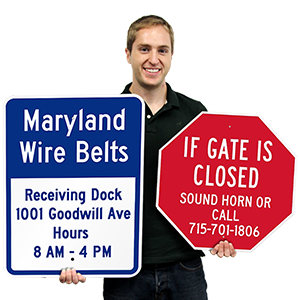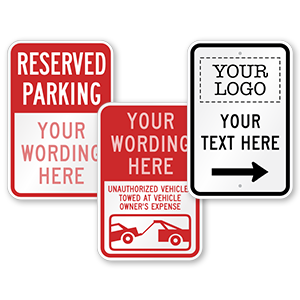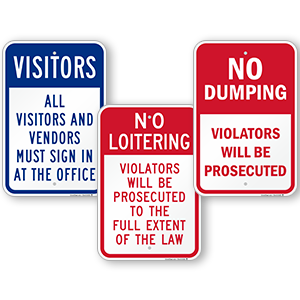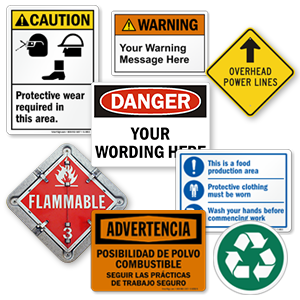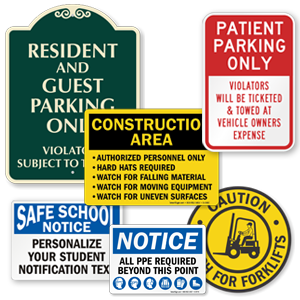Rash of Recent Shootings Reopens Debate on Gun Laws

Perry Hall High in Maryland was rocked by a shotgun shooting on the first day of school (via The Baltimore Sun).
September 4, 2012 — Following shootings in Colorado, Wisconsin, and at one high school in Maryland, legislators are forced to reexamine existing gun laws. At Maryland’s Perry Hill High, a shooting left a special education student wounded and an entire community on edge. The gun allegedly used in the shooting, a double-barrel Western Field shotgun, wasn’t registered with the state of Maryland – and didn’t have to be.
The legislation that allowed for this catastrophe is considered, by many, to be a power move. Categorized as a “long gun,” the shotgun, more commonly used for hunting, isn’t regulated in the way that handguns are, as the latter is more often used in crimes. However, as Daniel Webster, co-director for the Center for Gun Policy and Research at the Johns Hopkins University, told the Baltimore Sun, the distinction between handgun and ‘long’ gun policy is “illogical” and “driven more by politics than by concerns about public safety.”

Mass shootings, like the rampage at a Sikh temple in Oak Creek, Wisconsin, have reopened debate and reflection on gun safety laws (via LA Times).
In the aftermath of the bloody massacres at the Sikh temple in Wisconsin and an Aurora, Colorado movie theater, concerns about guns and public safety are on a lot of minds – and on the tops of some political agendas. Arizona governor Jan Brewer vetoed for second-time legislation that would have allowed guns, carried with a permit, in public places such as the state Capitol and city halls across the state. In praise of the decision, Hildy Saizo, president of Arizonans for Gun Safety, said, “Finally, we’re getting some common sense in here… No guns on college campuses, no guns in public events, no guns around schools. The gun lobby has hit its limit, and for good reason.”
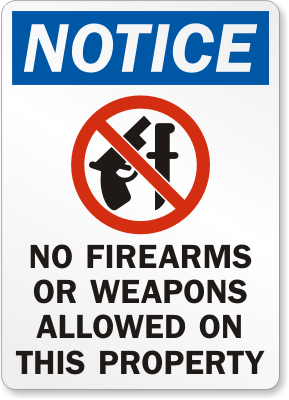
A regulation firearm safety sign (via mysafetysign.com).
The upheld ban will mean that posted signs, like the one above, will remain in place in Arizona’s schools, libraries, public pools and county courts. But heated debates continue to center on whether public safety policy itself has any effect on actual public safety. Charles Heller, the communications director for the Arizona Citizens Defense League, put it differently: “This means that some people will still be deluded into thinking that a sign (banning guns in public buildings) makes them safe.”
In Arizona, Brewer’s dissenters wonder about the relationship between law and an idealized reality. Where do bans like this one, they ask, sensibly aid in public safety, and where do they clumsily trounce on closely guarded Second Amendment rights?
– H. Hunter


